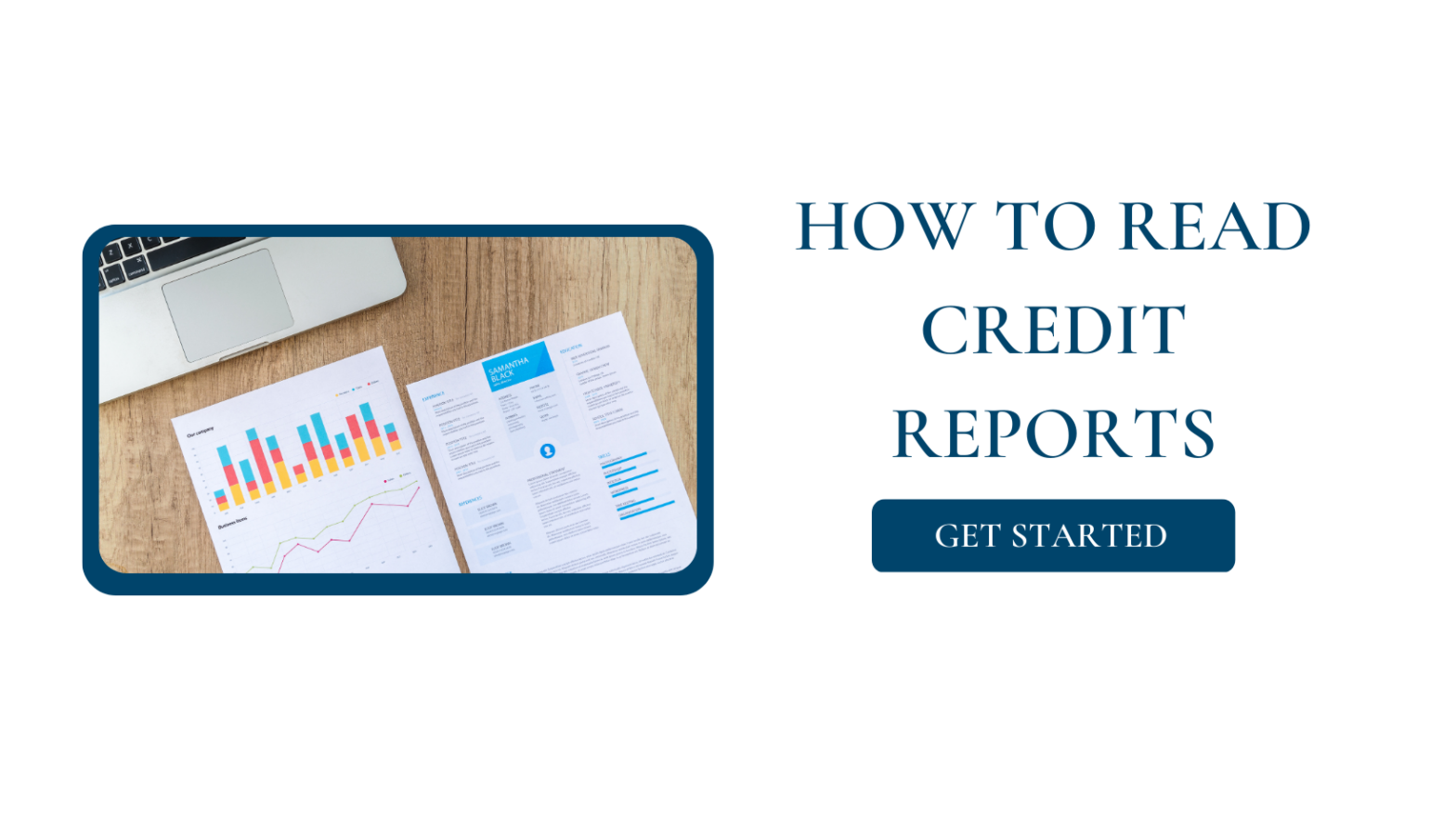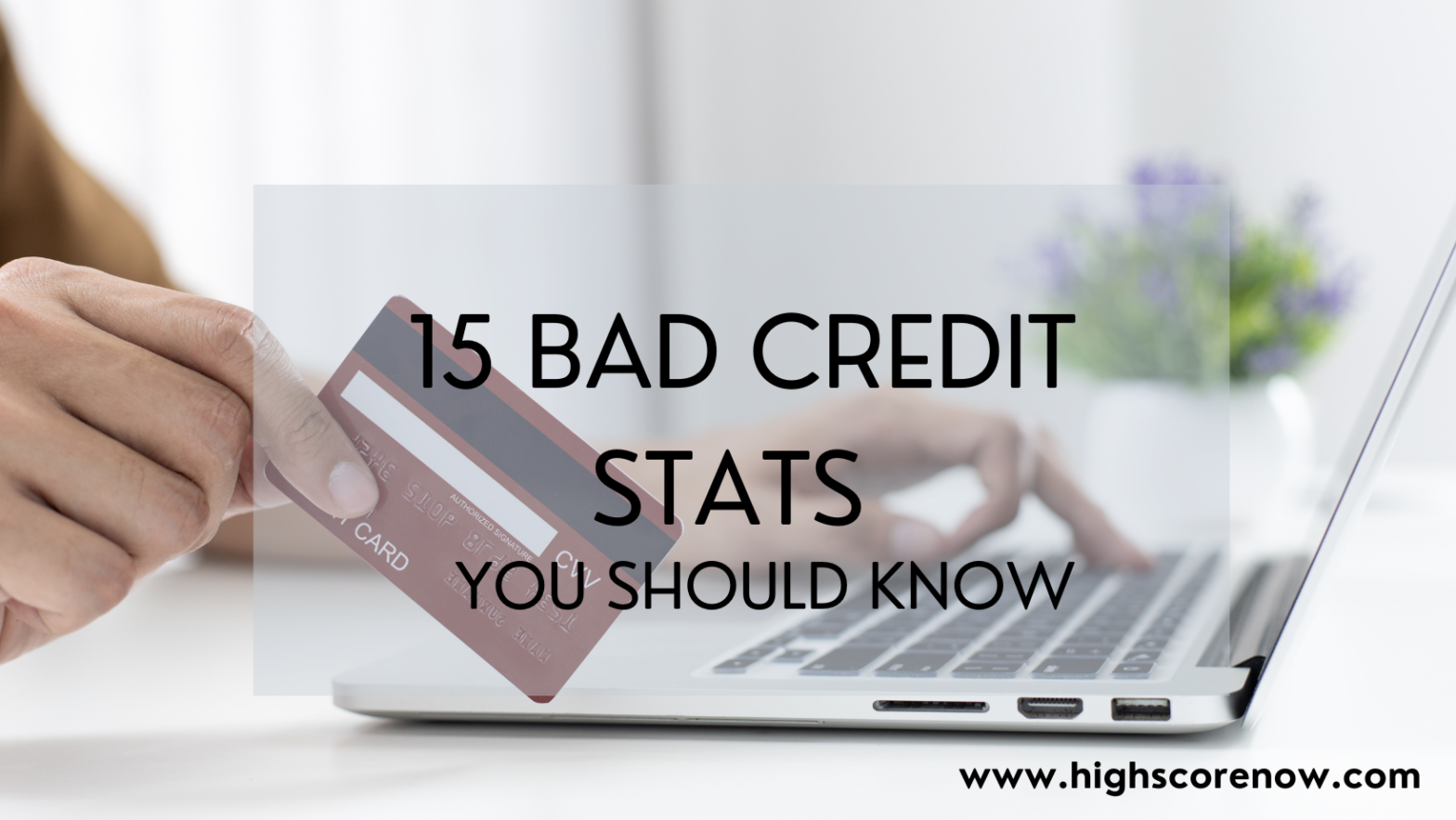Have you ever wondered how credit scores function and how to boost yours? This article will discuss the fastest and most effective way to improve your credit score. In April 2018, Tatiana Homonoff, an Economics and Public Policy professor at New York University, published a paper on credit scores summarizing her two-year study on the subject. To help anyone improve their credit score, she recommended pointing them toward two relatively easy components: paying bills and using credit cards judiciously.
According to Homonoff, paying bills on time and keeping track of credit usage are two things that people can do with ease, despite being in a difficult financial situation. However, she recognizes there are some areas of the credit score algorithm that are virtually impossible to impact.
Let’s dive into how credit scores work and provide some pointers on how to improve yours.
What Is a Credit Score?
A credit score is your credit history quantified into a number to estimate how likely you are to repay any loans. A credit score of 300 to 850 indicates a good credit history, including timely payments, low credit usage, and long credit history. Those with lower scores are considered poor investments due to late payments or overextended credit use.
There are no set cutoffs for either excellent or poor scores, but there are guidelines for each. Lenders generally consider scores above 720 as ideal and scores below 630 as problematic.
People are becoming more aware of how raising their credit score improves their financial outlook, and Homonoff’s study provides evidence of this. Consumer behavior improved dramatically when people were aware of their credit score, according to Homonoff.
“People who thought they had excellent scores discovered that they had overvalued them. They stopped paying late, paid down their balances, and as a result, their scores improved.” Homonoff said. 90% of businesses in the United States use the FICO credit score to determine how much credit to provide consumers and what interest rate to charge them.
The formula used to generate your credit score involves five major components:
- 35% of the score is based on payment history.
- 30% is based on the amount owed.
- 15% is based on the length of credit history.
- 10% is based on your credit mix, i.e., mortgages, auto loans, credit cards, etc.
- 10% is based on new credit.
Credit scores are subject to change as you move through life. Your credit score will rise if you are timely in paying your debts, particularly credit cards and installment loans. When you use credit more often, whether you have more credit cards, get a mortgage, take out a student loan, or take out an auto loan, your credit score reflects how responsible you are with more debt.
13 Tricks to Increase Your Credit Score
Are you one of the many people who don’t know their credit rating? Good news—, you can get a free credit report from the top 3 bureaus annually. Discover Card gives you your FICO score, which is utilized by 90% of businesses that offer credit. Capital One, Chase, and other credit cards offer you Vantage Scores, which are similar but not identical. Sites like Credit Karma, Credit Sesame, and Quizzle work the same way.
Vantage Scores are generated using the same data as FICO, but the weighting of elements may be different, resulting in slightly different scores. It’s possible that your score might not be as high as you hoped. Homonoff suggests some ways to improve it:
1. Regularly Review Your Credit Report
You can request one free credit report from each of the three credit bureaus every year, and doing so will not negatively impact your credit score. Examine each report carefully for mistakes. Dispute those that you discover. This is the closest you can get to a fast credit fix.
A government survey discovered that 26% of people have at least one critical mistake in their report. Some mistakes are simple, such as misspelt names, addresses, or accounts registered to the wrong individual. Other issues are more serious, such as accounts that are incorrectly recorded as late or delinquent, debts that are listed twice, accounts that are listed as open when they are actually closed or accounts with inaccurate balances or credit limits.
Talking to the credit reporting agency to work on fixing incorrect or out-of-date information is a simple way to boost your score. A significant percentage of consumers whose information was incorrect saw their credit score increase as soon as the error was eradicated.
2. Set Up Payment Reminders
Create a timetable and set up online reminders to keep track of when you must pay your bills. In a few months, consistent bill payments will raise your score if you pay on time.
3. Make Multiple Payments During a Billing Cycle
Paying down your bills every two weeks rather than once a month lowers your credit utilization and improves your score. If you can afford it, do so.
4. Contact Your Creditors
If you miss payment deadlines and cannot pay your bills, set up a payment plan with your creditors immediately. A quick response can help ease the adverse consequences of late payments and high outstanding balances.
5. Apply for New Credit Sporadically
When you apply for or open several new accounts in a short time, it hurts your score, even though it increases your total credit limit.
6. Keep Unused Credit Card Accounts Open
Older credit histories are better, and the length of your credit history matters. If you must close credit accounts, close the newer ones.
7. Pay Attention When Paying Off Old Debts
A debt that has been “charged off” by a creditor is one that they do not expect further payments on. If you make a payment on a charged off account, it will be reactivated and your credit score will drop. This process is often employed by collection agencies.
8. Prioritize Paying Down “Maxed Out” Credit Cards
Pay off the credit card with the highest balance first if you have multiple credit cards and the amount owed is close to the credit limit.
9. Have Multiple Accounts for Diversification
Your credit score is determined by the proportion of different credit items—mortgages, auto loans, student loans, and credit cards—you have. Having more elements in your current credit mix is beneficial as long as you make on-time payments.
10. Go Loan Shopping
If you have bad credit and can’t find any other method to boost your score, you may opt for a “fast loan.” These are usually loans for small amounts—$250 to $1,000—that are reported to credit bureaus and can become a favorable item on your credit report. This should be a last-ditch effort.
11. Check Your Qualification for a 0% Interest Card
There are several companies that provide cards with 0% interest on balances, but there are restrictions to this. Typically, there is a transfer fee and the 0% offer lasts for up to 18 months. You typically need a very good credit score to qualify for one of these.
12. Have a Debt Consolidation Plan
It is true that enrolling in a debt consolidation program can temporarily lower your credit score, but as long as you make on-time payments, your score will improve quickly and you will be eliminating the debt that got you in trouble in the first place.
13. Pay Attention to Credit Utilization
The credit utilization ratio is the proportion of revolving credit you use out of the total credit you have available. It accounts for 30% of your credit rating and is frequently the most neglected way to improve your score. Credit cards are just one type of revolving credit, and personal and home equity lines of credit are also included. You should never use more than 30% of your credit limit.
How Long Does It Take To Rebuild Your Credit?
It typically takes at least 3-6 months of good credit behavior to see a noticeable change in your credit score. Unless the adverse information on your credit report was a minor blip, like being late on bill payments one month, it is hard to make a change any faster than that. It’s safe to say that the less damaging information is on your credit report—bankruptcy, constant credit applications, maxed-out credit cards, and other negatives—the easier it will be to improve your credit rating.
Repairing a poor credit history is more time-consuming than developing a good one. Errors can hurt your credit history and prevent you from acquiring a loan. You may be denied an apartment, utilities, or lose out on a job if you have a poor credit score. While some lenders do offer “bad credit loans,” the borrower frequently ends up incurring hundreds or thousands of dollars in higher interest rates.
Your credit score will be negatively impacted much more if you are habitually late with payments and have your account turned over to a collections firm.
Damaging information will remain on your credit report for different amounts of time, depending on the issue:
- The repossession of your car will be a mark on your credit report for seven years.
- Chapter 13 bankruptcy is a mark for seven years while Chapter 7 bankruptcy stays for 10 years.
- Delinquent accounts stay in your report for seven years.
- Credit application inquiries last on your report for two years.
- Any public record items, e.g., property liens remain on your report for seven years.
The effect on your credit score diminishes over time, so a Chapter 13 bankruptcy in year six has little impact when compared to its impact in year one.
How to Increase Your Credit Score Fast
Check Your Credit Report Carefully
Look for negative information on your credit report and have it removed.
- Ask for a free credit report from Experian, TransUnion, Equifax as they owe you one annually. One in every five reports contain errors and omissions that can make your score drop. Dispute any wrong information by providing documents that support your case.
- Write goodwill letters to creditors requesting them to get rid of negative entries if you’re having difficulties with them. They aren’t obliged to grant your request but they can give you a good deal especially if you’ve had a good history with them before.
- If you have any collections accounts on your report, look into “pay-to-delete” and have the scope of work in writing before you send them cash. The agency can remove your negative information after the settlement.
Enroll in Experian Boost
If your low score is due to being new to credit-seeking and making timely payments for utilities and cell phones, ask your lender to pull a report from Experian using its “Experian Boost” program. This is a hybrid model referred to as “alternative credit data”—non-traditional payments that provide lenders with valuable information about an individual’s creditworthiness.
Game the FICO Scoring System
As we saw earlier, there are five categories that make up your credit score. Among them, only the credit utilization ratio can influence your score significantly in the short-term. It is important to make sure payments are made before the statement closing date, so that lower balances are reported to the FICO and the big three bureaus.
With other factors constant, consumers with credit scores in the upper 600s—the bottom of the “good” range—have utilization ratios of 40-50%. To get into the 700s, you must have a credit utilization percentage of less than 30%. If you wish to assist your score quickly, use less than 15% of your credit. The less you use, the better.
Having a fat savings account or a generous uncle (or both) makes this fix simple. Otherwise, you must find extra money in your budget (or extra income in your month), in addition to spending discipline, to reduce your balances.
A debt-consolidation loan may be one way to attack high balances. Banks and credit unions, as well as various peer-to-peer lenders, are willing to eliminate credit-card debt if you can afford it. You can get a lower interest rate than Visa while eliminating your debt at the same time.
The other way to reduce your credit utilization ratio is to ask for a credit limit increase from your current lenders. But the idea of asking for higher credit limits when you have problems managing the ones you have should make you sick to your stomach.
Become an Authorized User
Having an incredibly generous parent with excellent credit is an excellent way to boost your credit score. Ask if you can be added as an authorized user to their account to gain a longer credit history. It should also help your credit utilization (if the balance on the new account is low). Please avoid using the credit card that is sent to you, as it is strictly for credit enhancement.
Getting a Credit Score
Having a positive credit history can benefit almost every aspect of your financial future, whether you want to purchase a car, rent or purchase a home, or seek a job. The easiest way to begin is to apply for a line of credit. Credit cards for gas stations or department stores are usually easy to obtain and are excellent methods to establish good credit. Using them responsibly and avoiding overcharging is crucial. Paying your bill on time each month is critical.
If you’re unable to get approved for a standard credit card, get a secured credit card instead. Secured credit cards require a deposit, which is often equal to the credit line. For instance, a $500 deposit gets you a $500 credit line. An secured card works the same as an unsecured card in that you receive a monthly statement and are expected to pay it. Make sure that spending on the secured card is reported to the credit bureaus.
Normally, as long as you pay each month, your deposit will be refunded when you are finished with the card. Your deposit cannot be used to make the monthly payments.
As we mentioned above, being an authorized user on a credit card can help build your credit history. The best position to be in when it comes to credit is to be an authorized credit card user. You can spend without worrying about paying, because someone else will pay for you, and your credit will improve as a result.
This way, you’ll have a credit card that can help you build your credit history, even as you wait to get one. You’ll get an increase in the number of years using credit, an increase in the average age of credit cards you use, and an increase in the credit utilization available on your cards. All three will be added to your credit report immediately. A 50-100 point boost to your credit score could be accomplished by these three elements alone.
Keep in mind that your credit score might be negatively affected if the cardholder misses payments, maxes out the card every month, or engages in any other negative behavior. Also, any negative activity you create can impact the cardholder’s credit score. If you max out the card and the cardholder is late with payments or cannot make them, it will be recorded as a negative on their account—and at some point, on yours as well.
You can also create a credit history by taking out a loan to buy a used car, if you have a job. Regular payments will establish your credit history positively.
Thank you for reading our article. We hope you learned new ways to battle creditors and banks while protecting yourself.
We would encourage you to become a member of HigherScoreNow.com and start to leverage all the benefits of having good credit. You deserve this.







